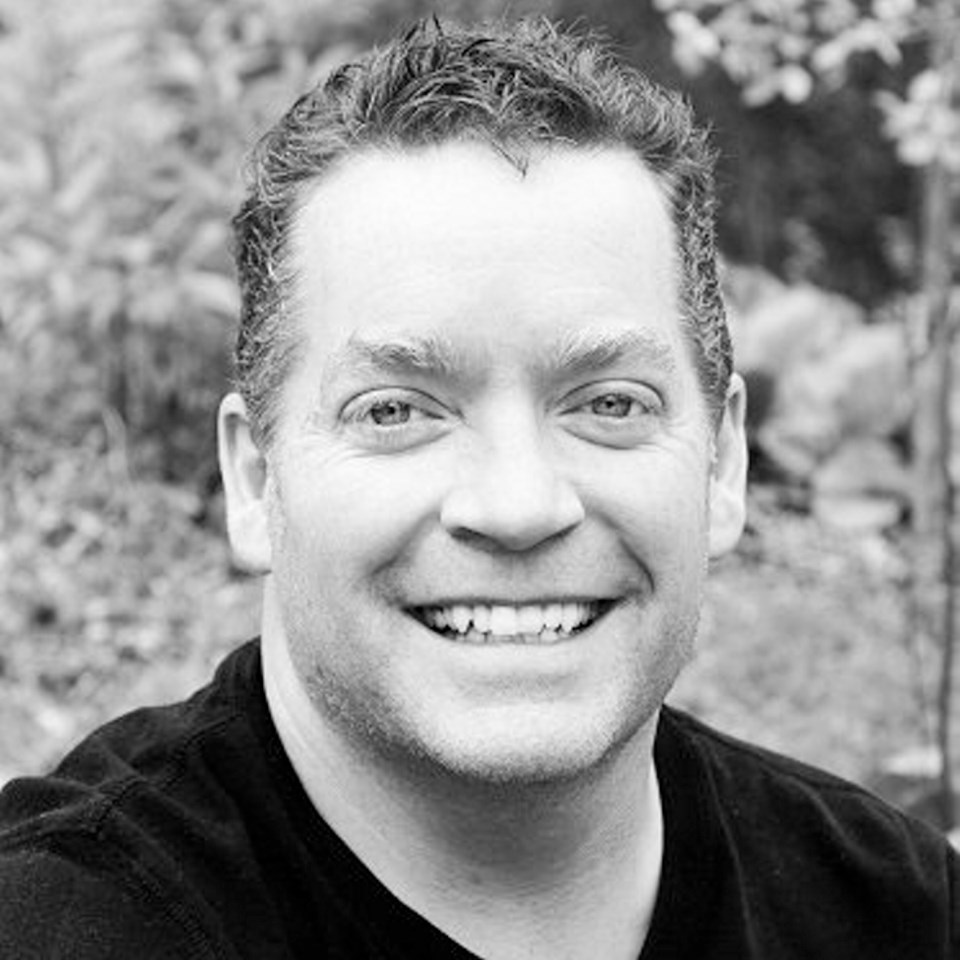Philanthropy can be about testing ways to resolve issues and getting to the fundamental causes of a problem, rather than just donating money, says the director of the Institute for Community Prosperity at Mount Royal University.
The idea is to take the approach that “maybe we just need a better society. Maybe we just need to figure out how to do this right,” James Stauch said from Calgary.
For example, a lot of environmental philanthropists are drawn to conservation and parks and protecting areas, he said.
Someone might say climate change is harming the Arctic and the the polar bears, so we need to save the Arctic.
“What is more important is how we actually behave in our cities and our lifestyles because we are the ones causing climate change.”
While it might be helpful to think about the polar bears, the issue is really about our use of fossil fuels, Stauch said.
He is one of the participants in the Nov. 17-19 Victoria Forum called Canada @150: Promoting Diversity and Inclusion.
It is being presented by the University of Victoria and Global Affairs Canada.
Stauch is taking part in a Nov. 19 think-tank session on the subject of philanthropy and social innovation.
Taking a new approach or expanding on what we are already doing is not necessarily an easy way to tackle issues.
“We don’t really know what is going to work around some of these complex issues,” Stauch said.
“Like how do you deal with the problem that 900,000-plus Canadians have to access food banks once a month?”
We can to look at “what is out there that is actually going to help us solve this problem?” he said.
It is not enough to simply have charities supporting food banks, community centres or community gardens, he said.
Those are all worthwhile, but only part of a patchwork of ways to help.
Instead of the traditional model of a rich foundation giving to a poor recipient, other models can be examined to see if there are ways, or tests that can be done, to see if a problem can be solved at its root, he said. This kind of social innovation could mean establishing think tanks to look at issues in depth.
The word philanthropy has a Greek origin and is not about actually giving money, but rather “investing in what makes us human,” Stauch said.
Dictionaries say it is about promoting the welfare of others.
Diversity and inclusion
What: Victoria Forum: Canada@150: Promoting Diversity and Inclusion.
When: Nov. 17 - 19
Where: Victoria Conference Centre Nov. 17 and at various venues at the University of Victoria Nov. 18 and 19
Participants: Business leaders, international visionaries, activists, politicians, bureaucrats, representatives of non-governmental agencies, academics
Themes:
• Diversity and economic prosperity
• Economics of Indigenous inclusiveness
• Geopolitics of diversity
• Defining climate justice
• Philanthropy, inclusive development
• Global trade and economics of diversity
To attend and for more information: go to victoriaforum.ca



